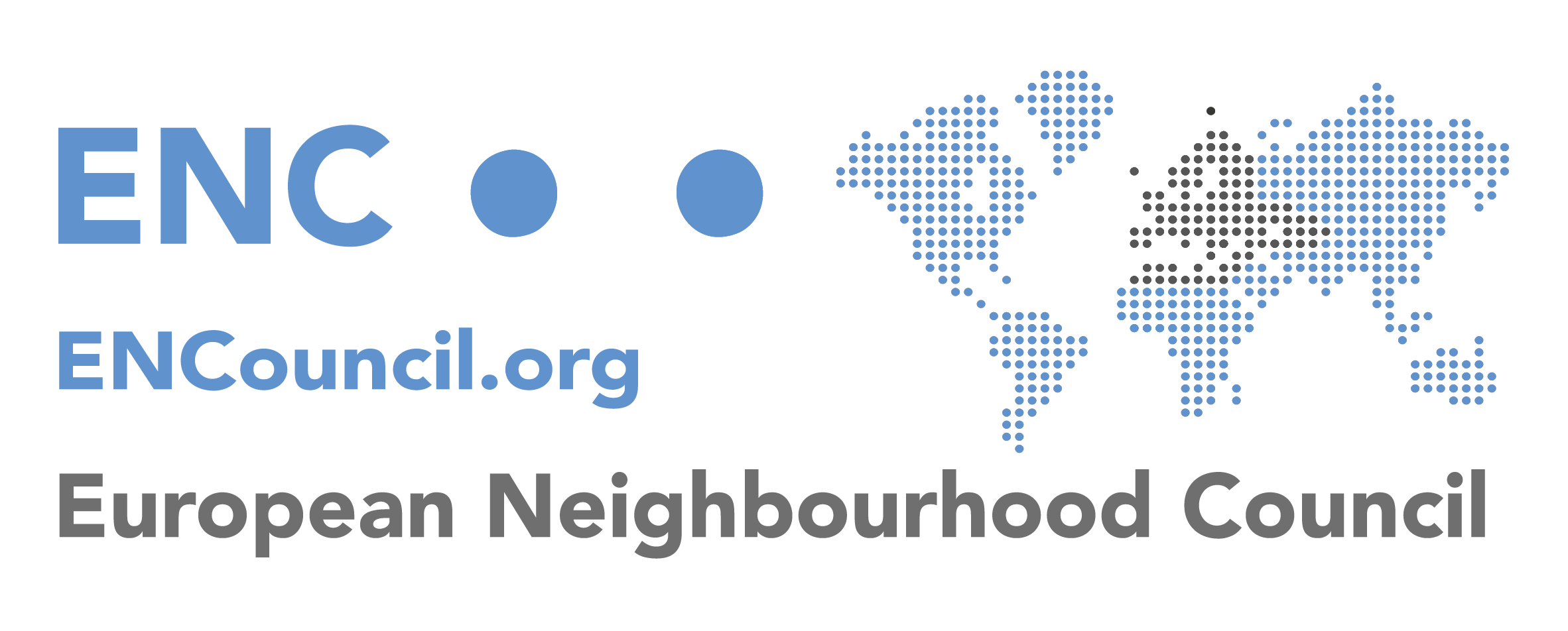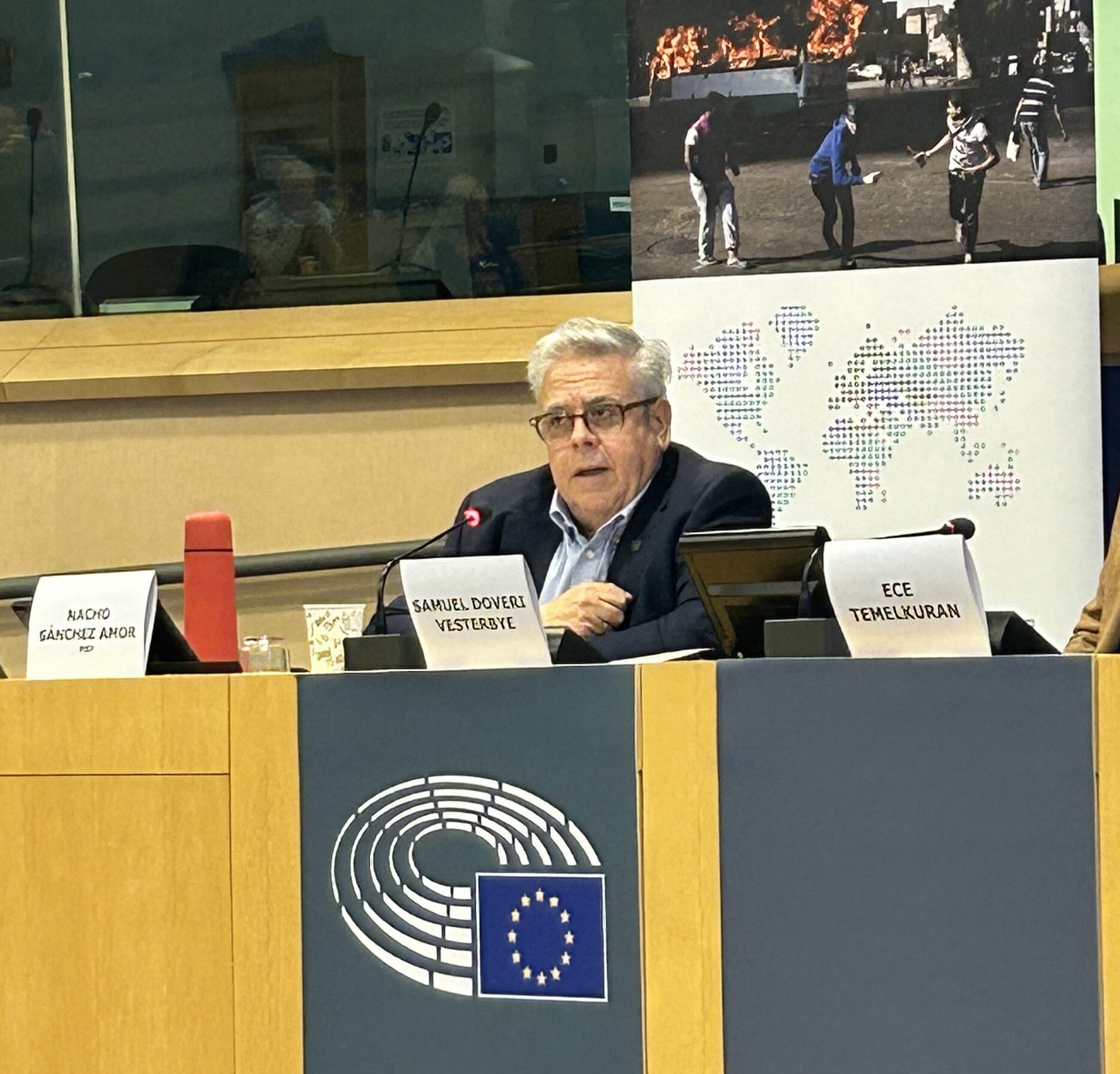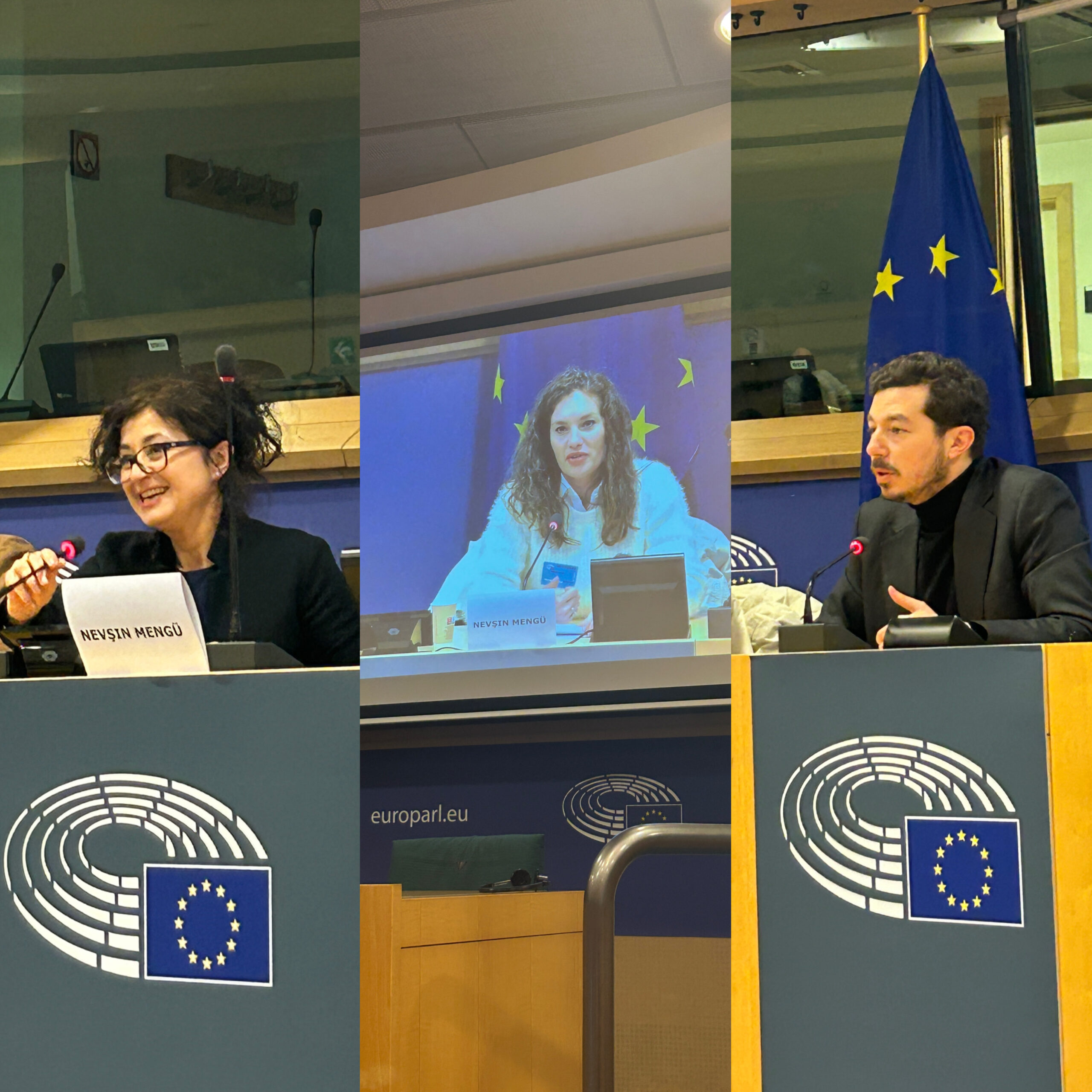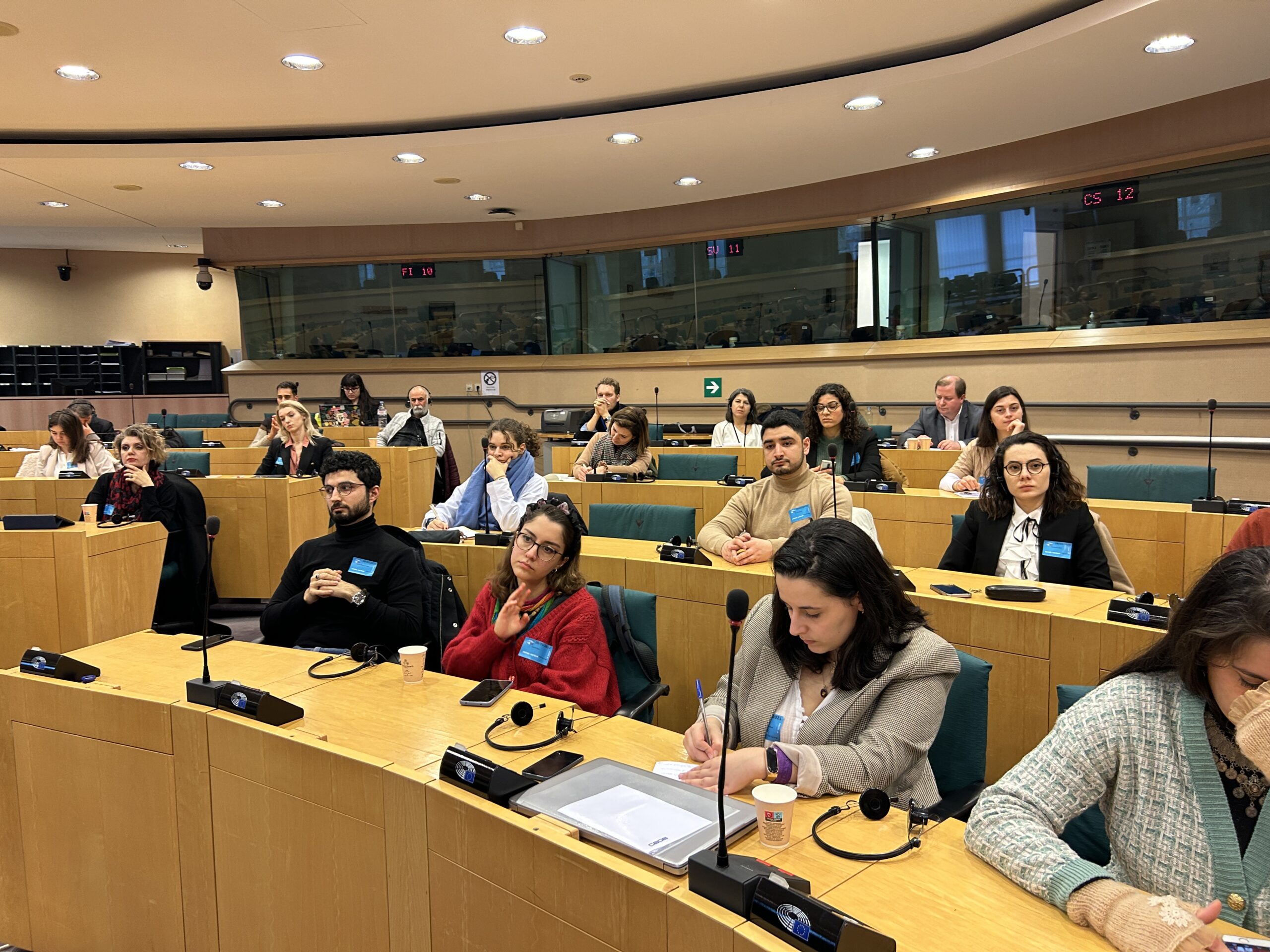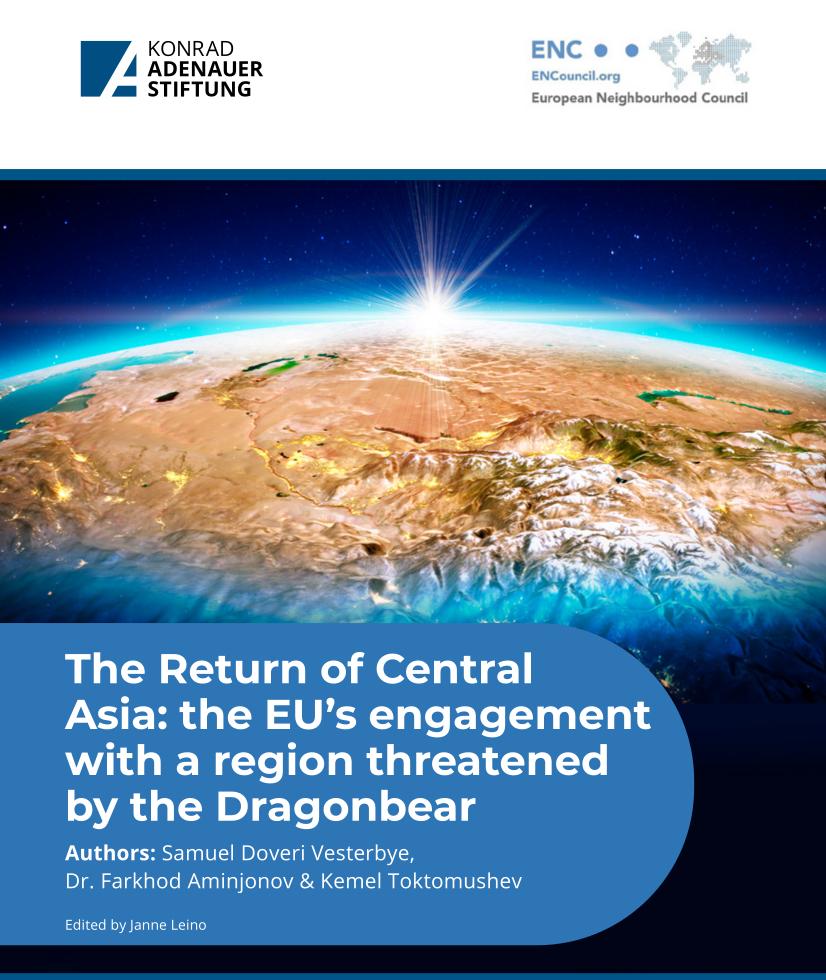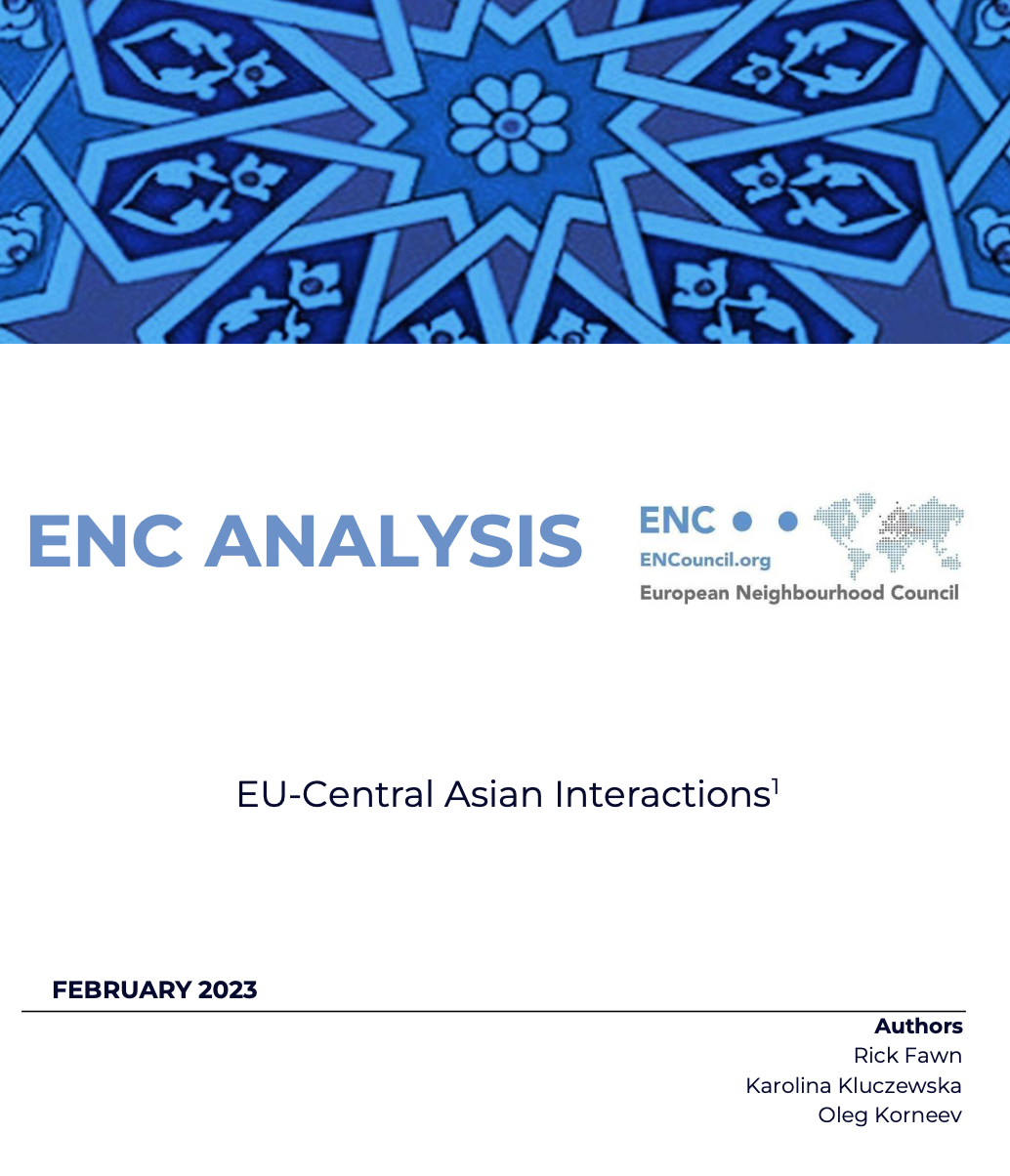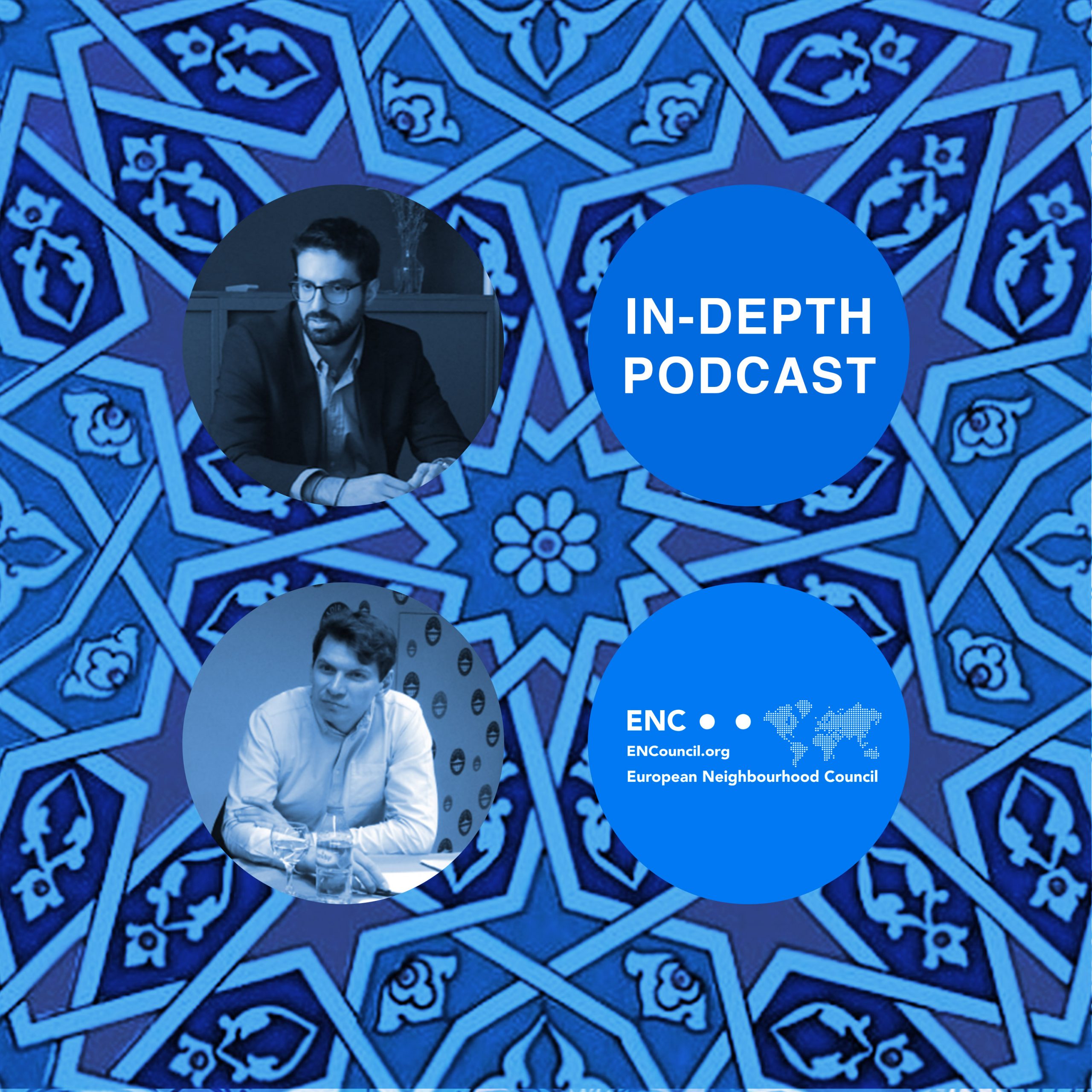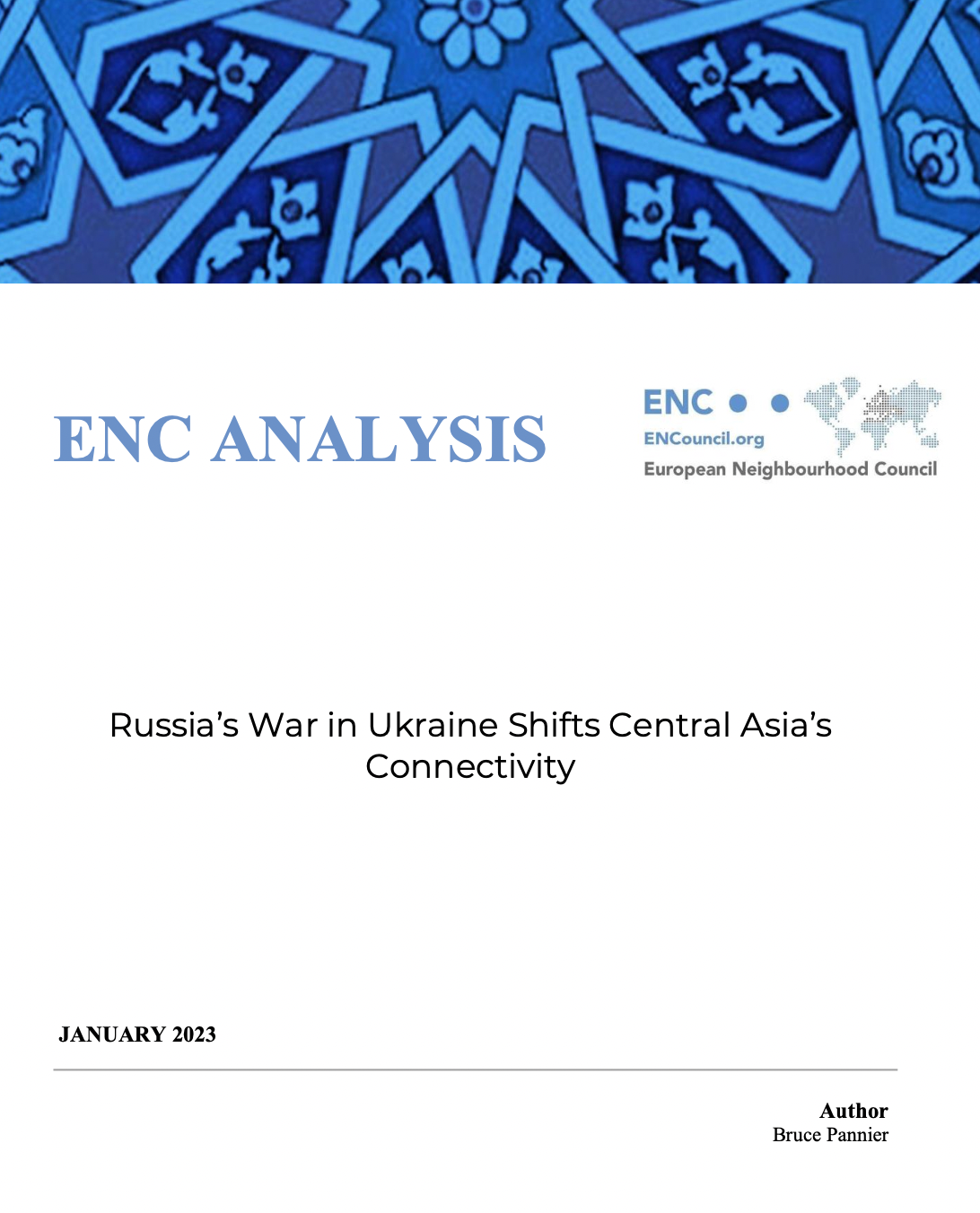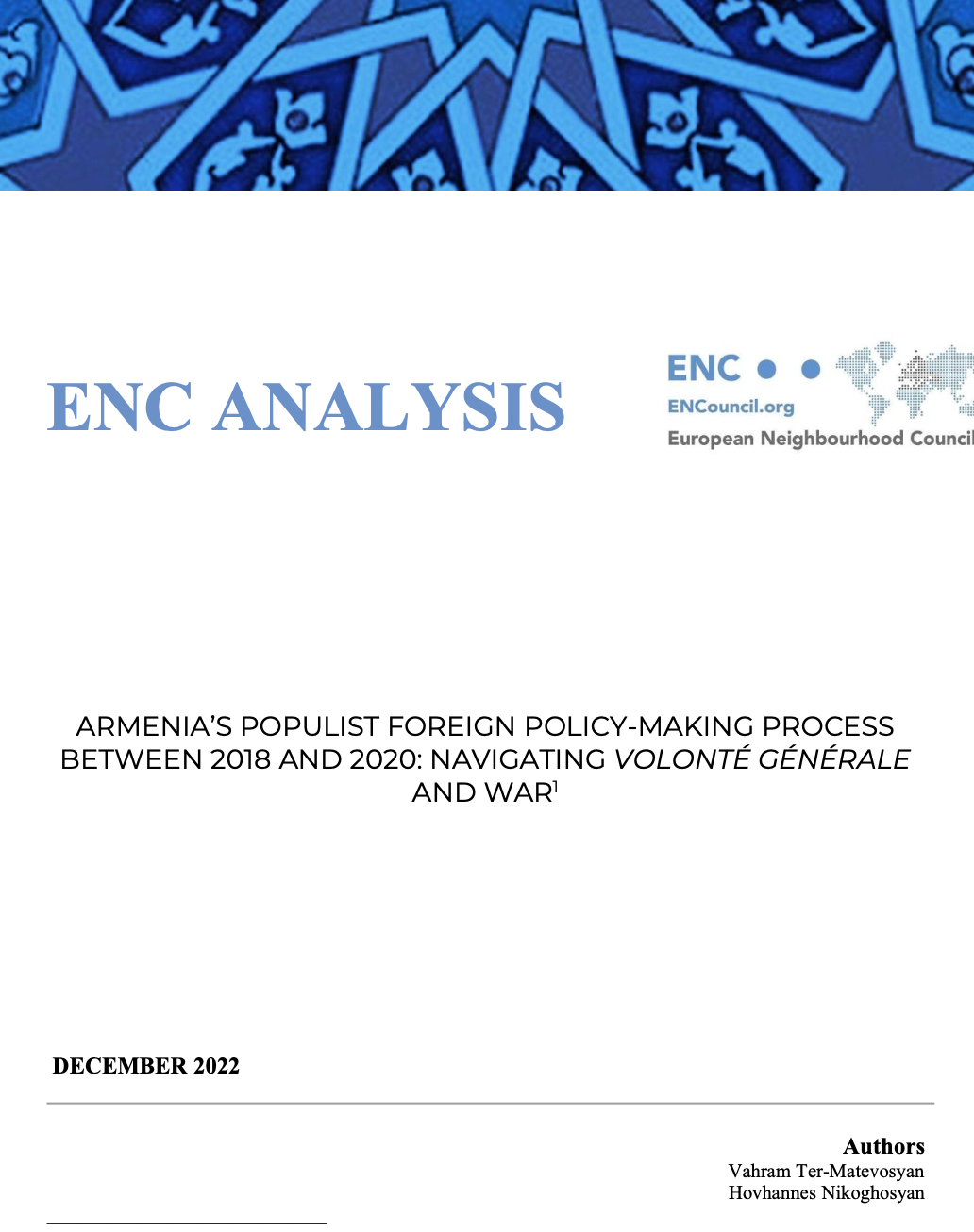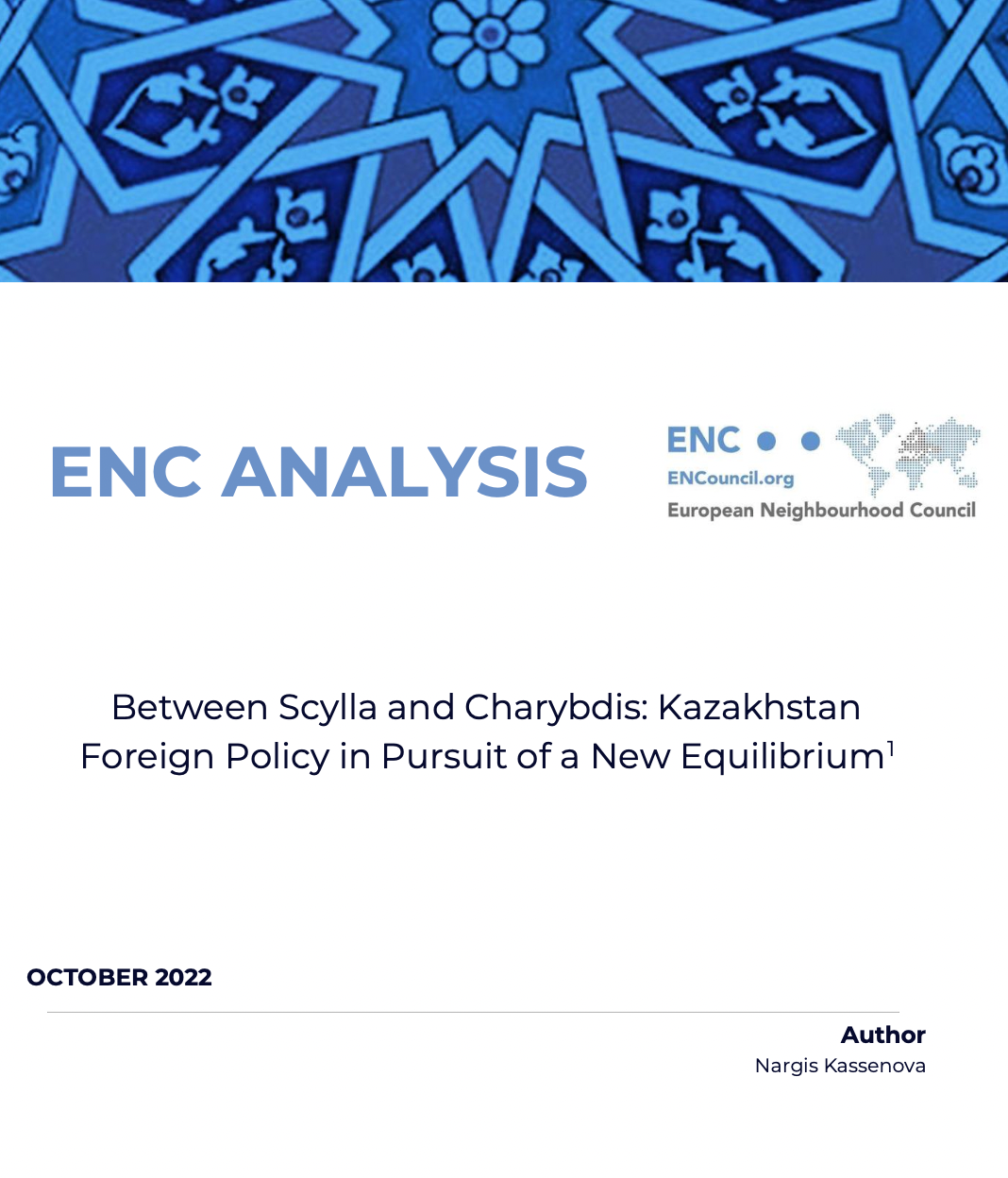
ENC – FNFT Shaping the Future of Turkiye – EU Relations Together (2023)
The European Neighbourhood Council (ENC), with the support of the Friedrich Naumann Foundation (FNF) office in Turkiye, organized a Networking Trip in Brussels under the framework of the project titled “Shaping the Future of Turkiye – EU Relations Together”.
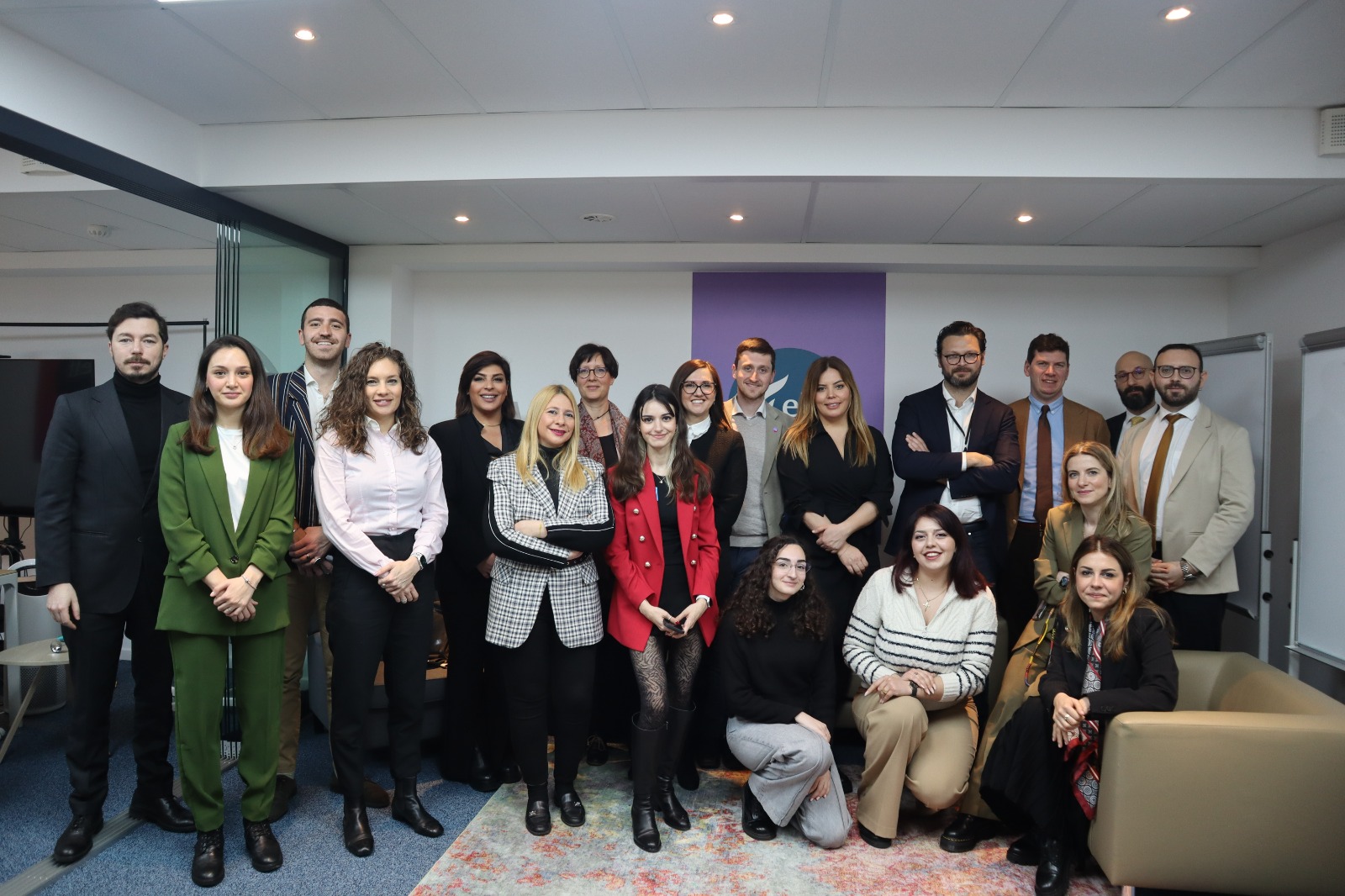
The objective of the trip was to give a comprehensive, innovative and progressive picture of Europe’s thematic priority areas to each of the distinguished Turkish opinion shapers, through a series of expert closed-doors roundtables, tailor-made one-on-one meetings, and public events held in Brussels. These inter-disciplinary meetings were held to discuss progressive strategies for the EU-Turkiye future while emphasizing the EU value-based priorities. Furthermore, the meetings were carefully coordinated and selected to yield skill transfer and serve the purpose of enriching opinion-shapers’ knowledge of new European policy initiatives, funds, or research.
The ENC and FNFT hosted 1 special guest and 8 eminent opinion shapers, namely Ece Temelkuran, novelist and political thinker; Nevşin Mengü, journalist; Can Selçuki, co-founder of the Istanbul Economics Research; Emre Keki, senior partner at PAE Law Office; İsrafil Özkan, director of the Freedom Research Association; Nayat Karaköse, programme coordinator at the Hrant Dink Foundation; Dr. Çiğdem Çımrın, co-founder of Minerva BHR; Dr. Özge Öner, associate professor at the University of Cambridge; and Yiğit Göktuğ Torun, project assistant at the Human Rights Academy and Türkiye-Europe Lectures at FNF Turkiye. The experts had a chance to discuss their individual fields of work and interests, their perspectives, and share their insights on, among other things, human rights due diligence, the impact of the recent devastating earthquakes, media freedom in Turkiye and the role of social media, civil society and minority rights.
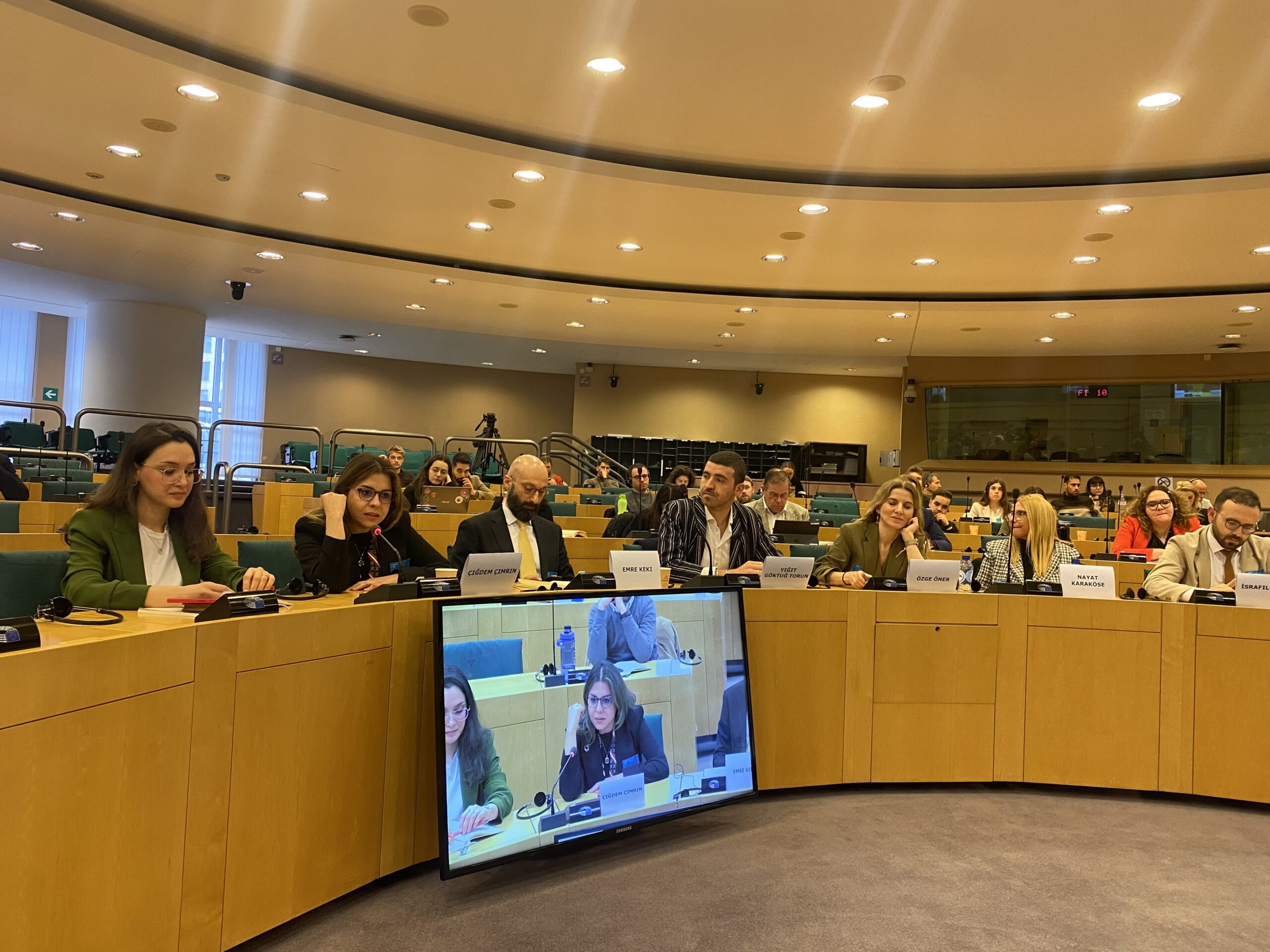
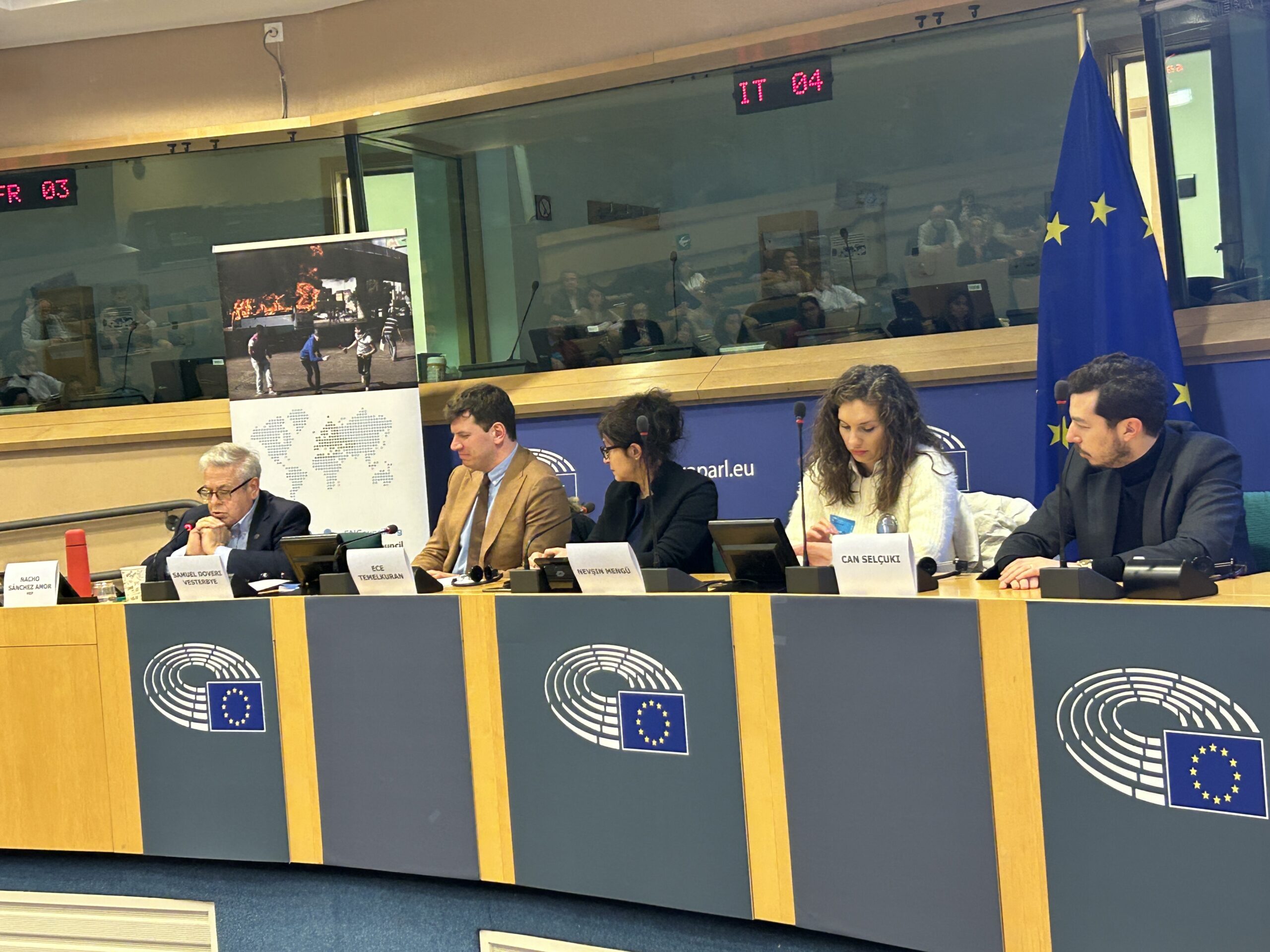
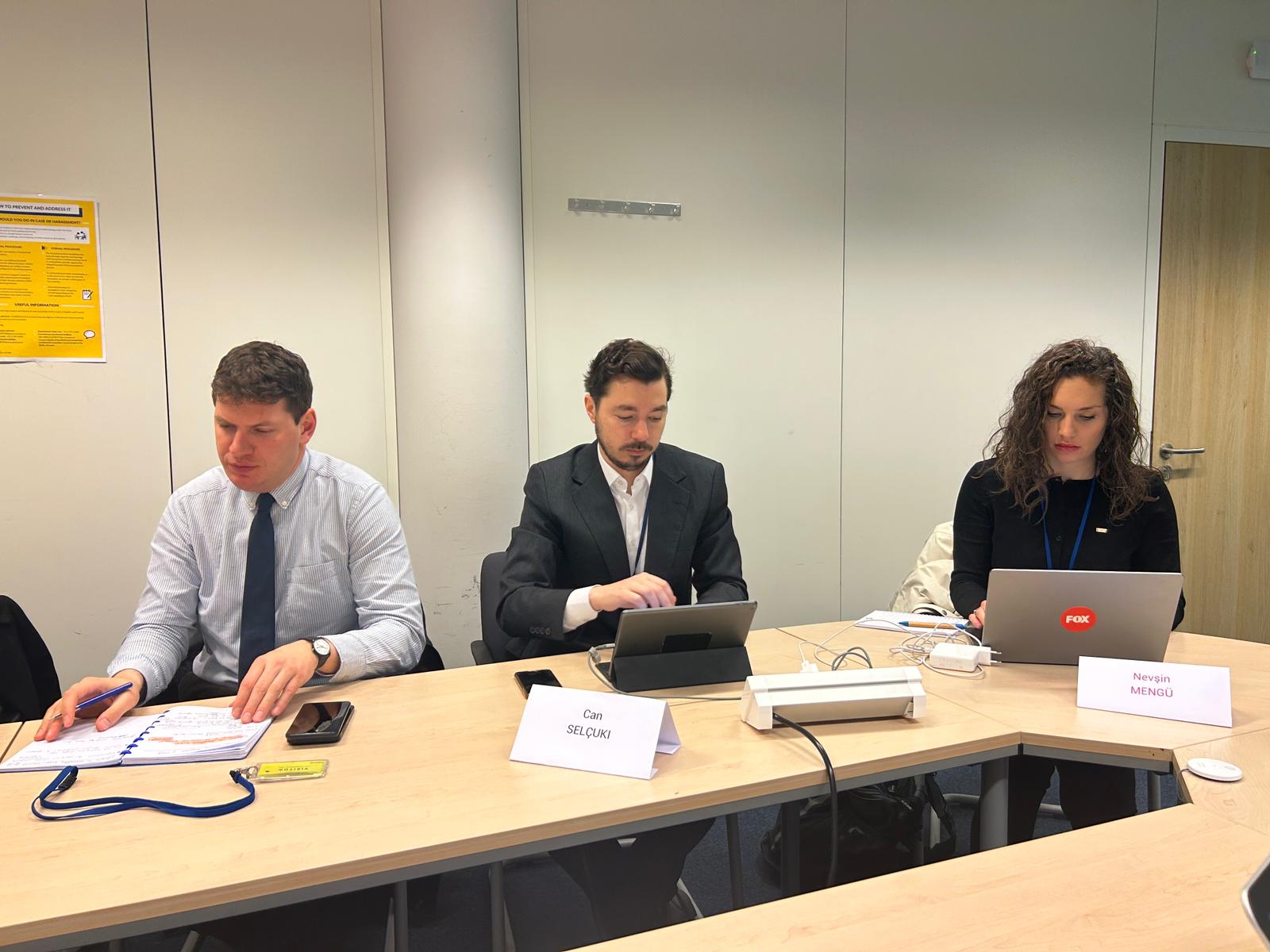
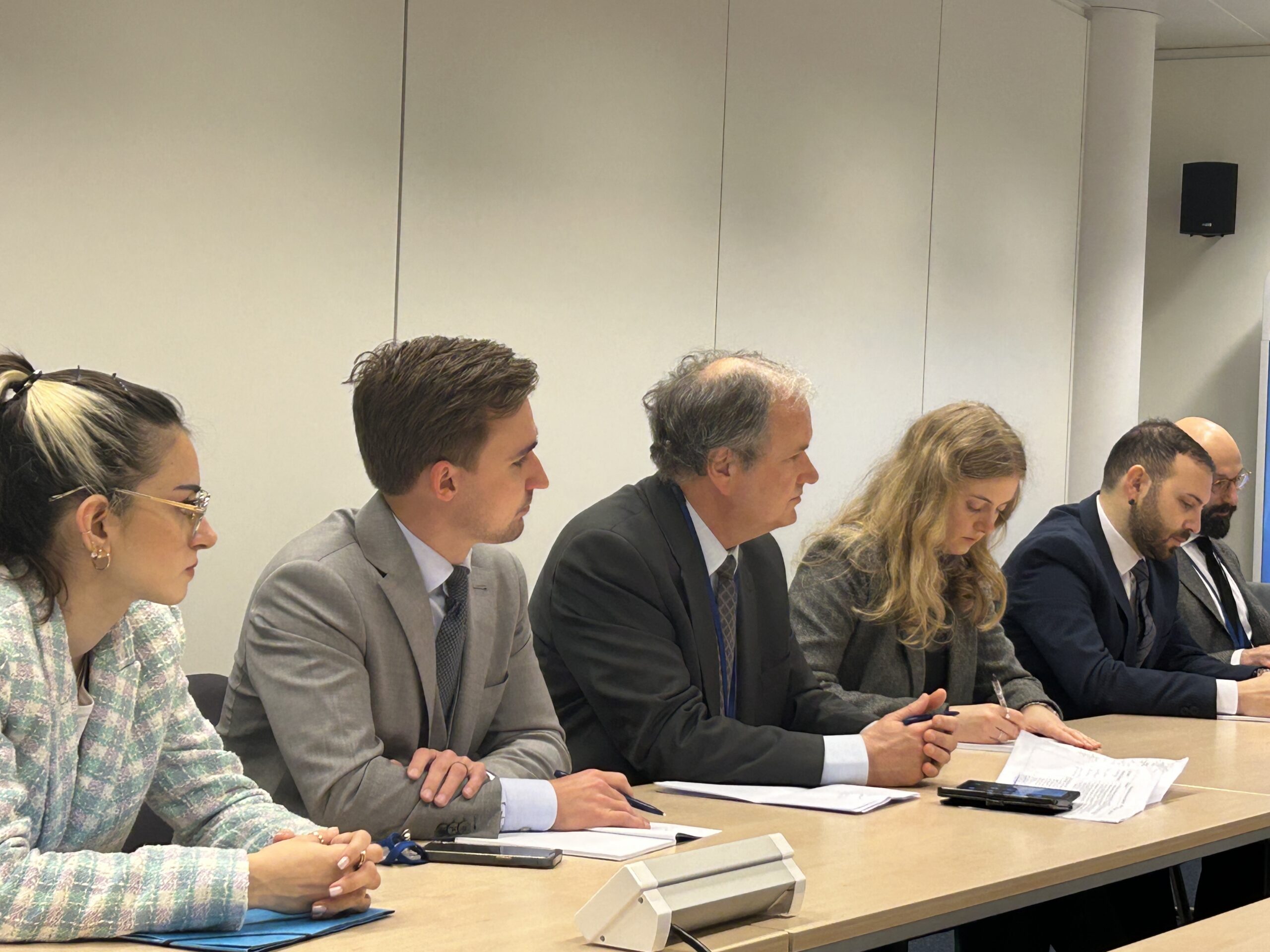
The overarching goal of the trip was to strengthen ties among the civil society professionals from Turkiye and EU officials from the European Commission, the European External Action Service, and the European Parliament while promoting and shaping the future of EU – Turkiye relations. The passionate and engaging debates the experts sparked either with the EU officials or the general public showcased the importance of such training programmes and the need to stay connected, work together, and share knowledge and ideas at societal, political, economic, and academic levels.
